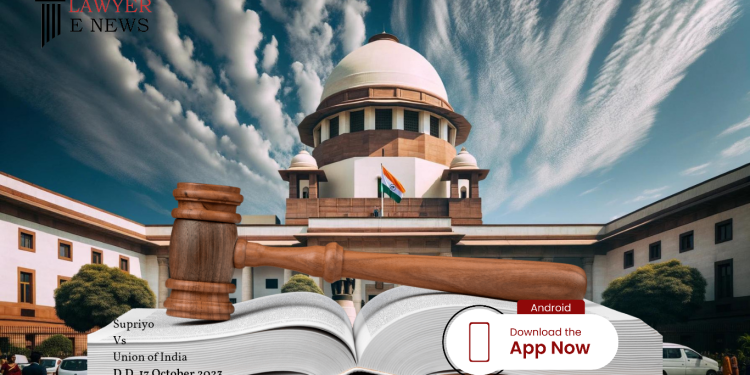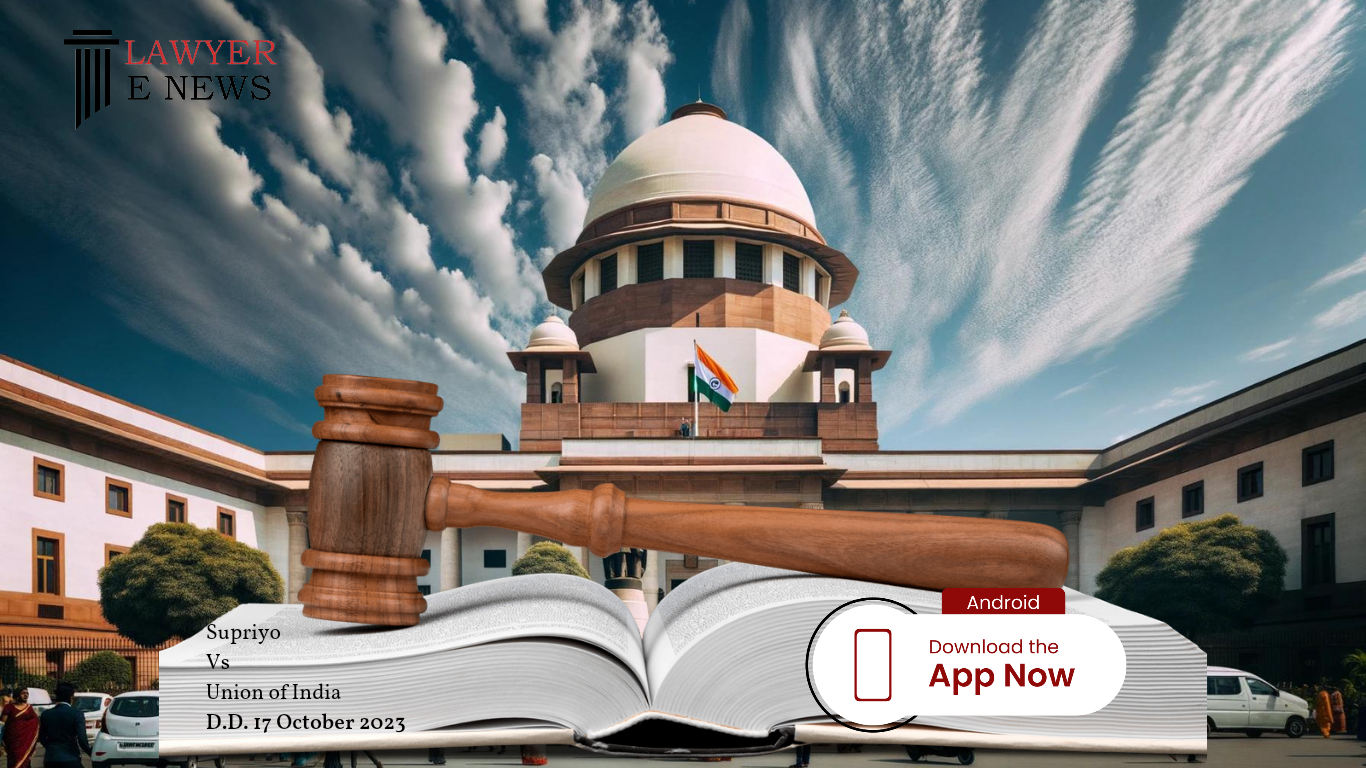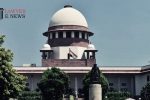Right to Marry Not an Unqualified Fundamental Right, Yet Upholds Transgender Persons’ Right in Heterosexual Relationships: SC

New Delhi, Tuesday, 17 October 2023: The Supreme Court of India, in a landmark judgment today, reasserted that the right to marry is not an unqualified fundamental right, while simultaneously u
 Latest judgement of supreme court
Latest judgement of supreme courtpholding the right of transgender persons in heterosexual relationships to marry under existing statutory or personal laws. The Constitution Bench pronounced four judgments, meticulously reflecting on the nuanced aspects of personal liberty and legal recognition of unions.
Chief Justice DY Chandrachud, in his judgment, eloquently differentiated between gender and sexuality, and remarked that a transgender person could be in a heterosexual relationship, thereby a union between a transman and a transwoman or vice versa could be registered under the Special Marriage Act and other existing laws.
Justice SK Kaul concurred with the Chief Justice’s perspective, underscoring the evolving nature of the institution of marriage. He stated, “From Sati to widow remarriage, from child marriage to intercaste and interfaith marriages, marriage has changed. The institution that we know today is perhaps unrecognisable to our ancestors from 200 years ago.”
Justice SR Bhat, although disagreeing with the CJI on various issues, along with Justice Hima Kohli, recognized the right of a transgender person in a heterosexual relationship to marry. “We agree with the CJI on the right of transgender persons in heterosexual relationships to marry as per existing laws,” Justice Bhat noted, a stance also shared by Justice PS Narasimha in his judgment.
The bench, however, unanimously denied legal recognition for queer marriages in India, highlighting that such recognition rests within the purview of the Parliament and the Legislature, not the Judiciary. They emphasized that the right to marry is a statutory right stemming from custom, not an unqualified right to be treated as a fundamental right.
Furthermore, the bench unanimously held that they cannot strike or read down the provisions of the Special Marriage Act and the Foreign Marriage Act to accommodate queer marriages, citing “institutional limitations” and the necessity for a comprehensive legal framework by the legislature for queer couples.
This judgment comes in the case titled Supriyo v. Union of India | Writ Petition (Civil) No. 1011 of 2022 , marking a significant day in the annals of India’s legal and social narrative.
The judgment reaffirms the nuanced understanding of personal liberties, the evolving institution of marriage, and the judiciary’s role in interpreting the laws in consonance with the societal changes and legislative intent.
Supriyo v. Union of India






